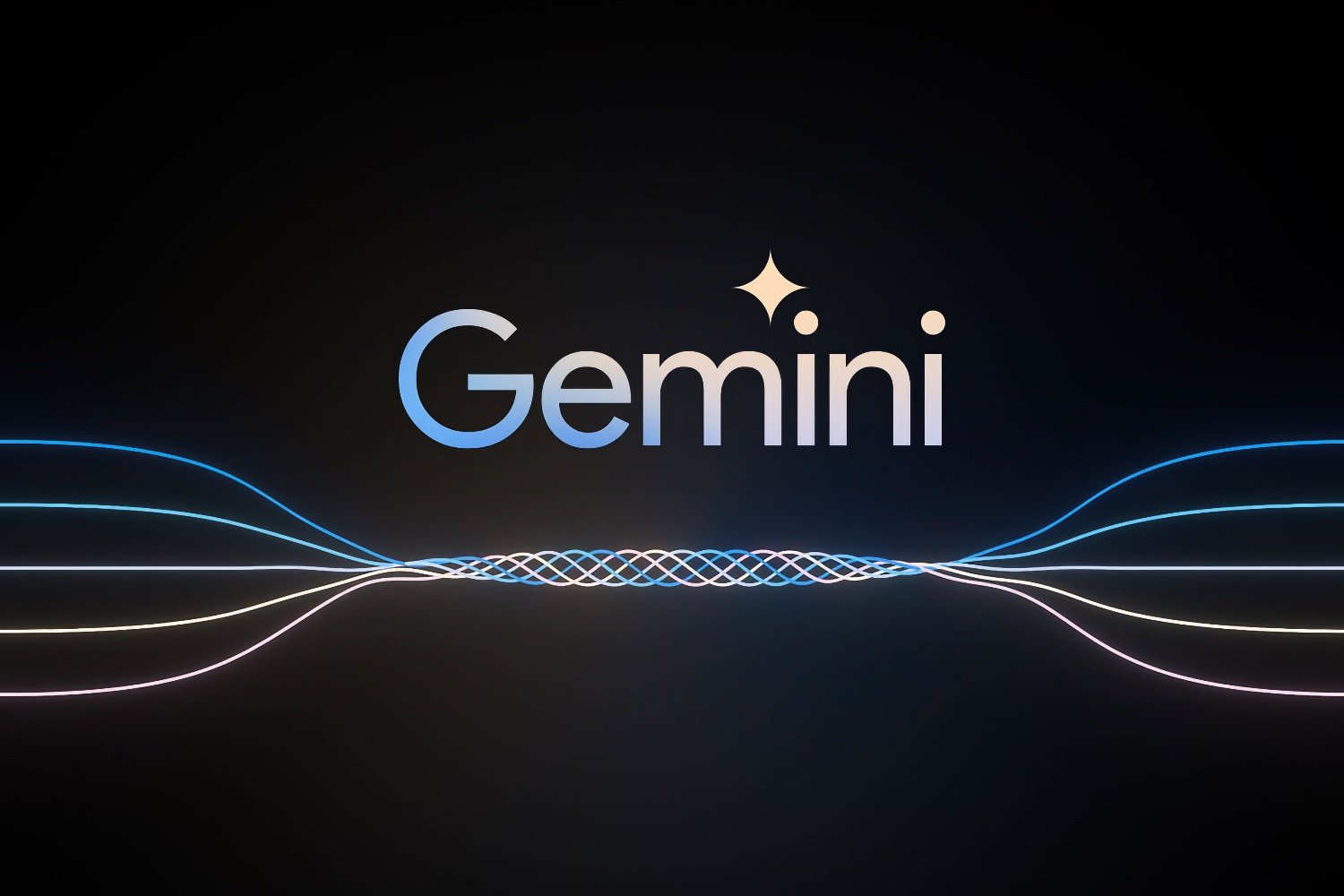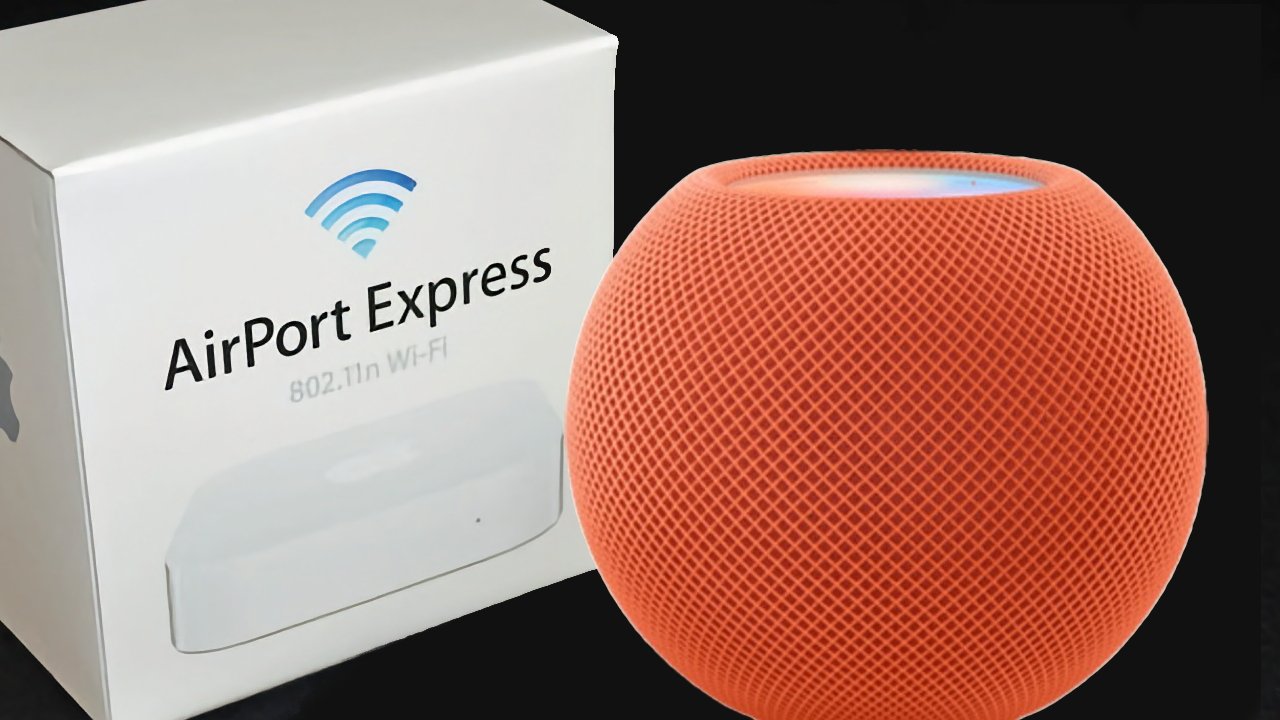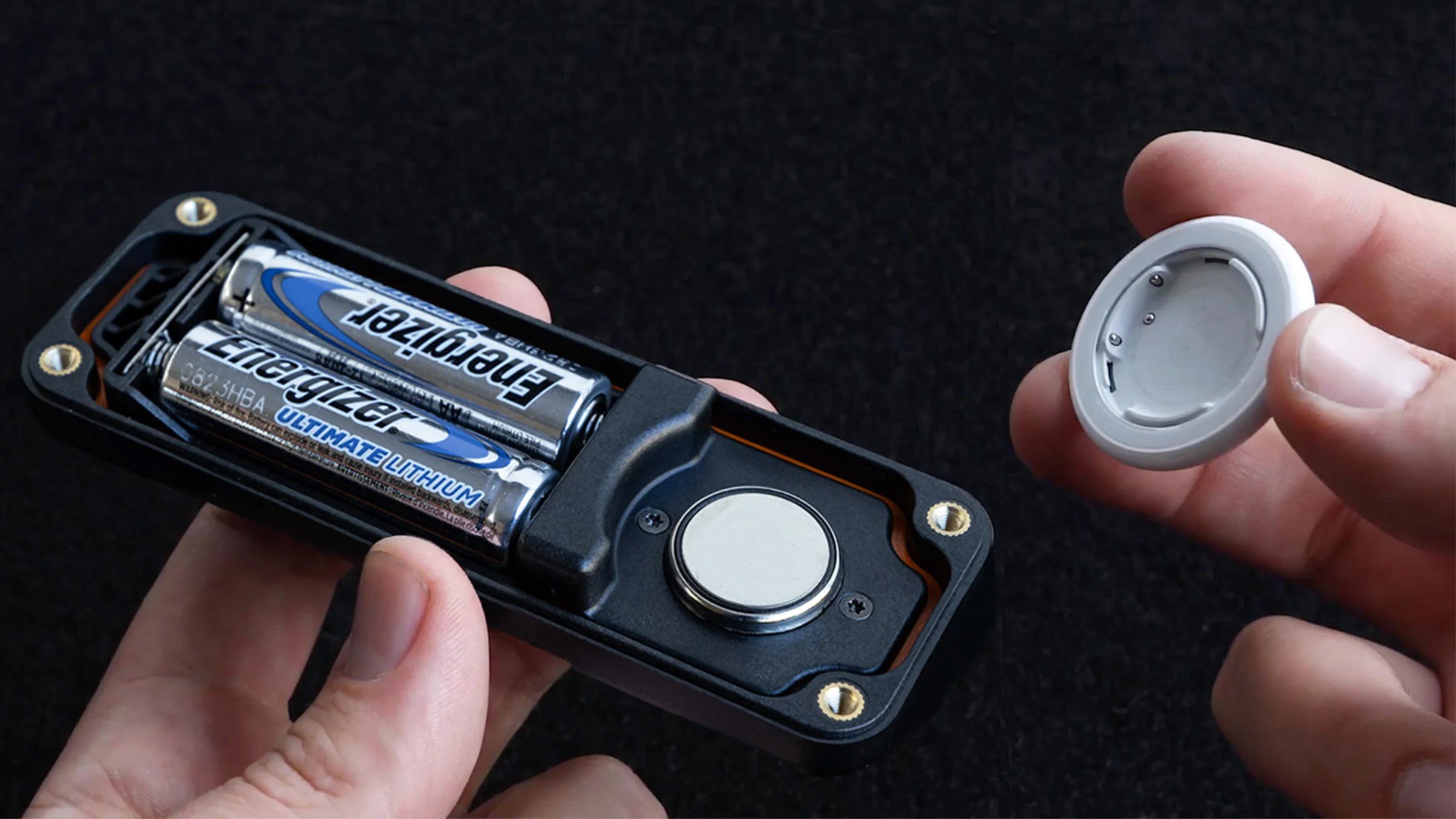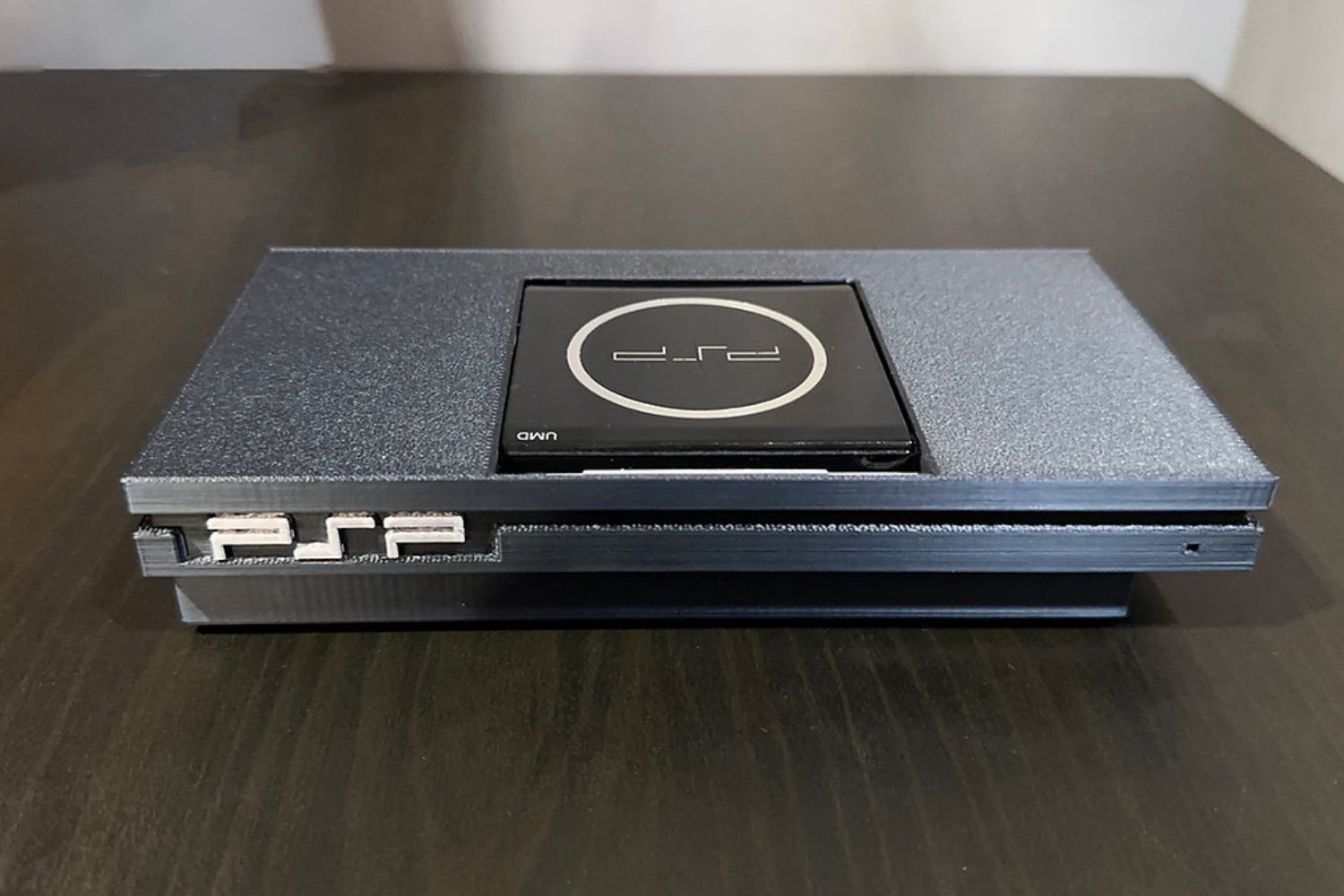« Hey Google “, it’s almost a trademark. But the Gemini era is here, and it is shaking up habits. Since its arrival in February, this new generation voice assistant has been installed on Android, gradually replacing Google Assistant. Initially criticized for its lack of originality, Gemini quickly convinced us thanks to a plethora of improvements. Its new extensions make it possible to simplify common tasks: managing your Spotify playlists, controlling your Google Home connected objects, or even sending messages on WhatsApp.
A smarter, better integrated assistant
A few days ago, Google presented Gemini 2.0, a boosted version of the assistant with new features. Now capable of processing images and sounds directly, Gemini stands out as a more complete and powerful tool. And to top it all off, it’s integrated with external services like Google Search, making it even more versatile.
Subscribe to WorldOfSoftware
But that’s not all. The new thing that is getting people talking about it is the arrival of “ Hey Gemini » as a new “hotword”. This small change in vocabulary reflects a strategic shift: Gemini is becoming the star of voice assistants at Google, and this keyword reflects this transition.
It is no coincidence that “ Hey Gemini » debuts on Android XR, the new platform designed for augmented and virtual reality devices. According to Google, this platform is the first to have been “ designed for the Gemini era “. Quite a program.
During demonstrations, the trigger word “ Hey Gemini » was used to interact with augmented reality glasses and XR headsets. Among them, the first product announced compatible with Android XR: Samsung’s “Project Moohan” prototype, a new generation of XR headphones. The latter, whose name means “infinite” in Korean, will be the first to natively integrate the Gemini assistant.
This technological shift is not limited to Google. Samsung is also refining its weapons by announcing a revised version of its own voice assistant, Bixby, to accompany the launch of its Galaxy S25. Already available in China, this next generation Bixby relies on advanced language models to better understand complex commands and contexts.
The adoption of “Hey Gemini” is not just a detail. It marks a clear break with the legacy of Google Assistant. On Android XR, this command completely replaces the famous “ Hey Google “. And this trend could well extend to all Android devices in the near future.
This change may seem trivial, but it shows how much Google is banking on Gemini for the future of its products. More than a simple voice assistant, Gemini is poised to become the nerve center of the Android ecosystem, by integrating artificial intelligence and new interfaces such as augmented reality. It remains to be seen whether users will adopt this new player in their daily lives as quickly as Google.
🟣 To not miss any news on the WorldOfSoftware, , .












